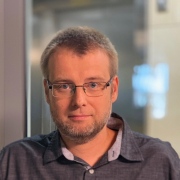
Friday, 5 April 2024 to Sunday, 7 April 2024

|
Sat6 Apr11:00am(15 mins)
|
Where:
Teaching Room B
Presenter:
|
